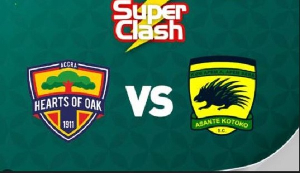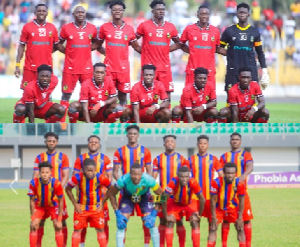The Kenya Ports Authority faces criticism over what key stakeholders are calling punitive and impractical charges.
Beginning February 17, all containers at the port of Mombasa that are directed to go for verification by the Kenya Revenue Authority (KRA) will pay a verification fee of between $80 and $160 upfront.
“The introduction of a verification fee is not only high, uncalled for but not practical to implement with the requirement that the payment be made prior to the verification exercise,” said Gilbert Langat, the chief executive of the Shippers Council for East Africa.
All Mombasa-bound cargo is charged at the port, while Nairobi, hinterland and transit-bound cargo is charged at the Nairobi Inland Container Depot (ICD), according to stakeholders.
A 20-foot container will be charged a $80 fee while a 40-foot container will be charged between $120 and $160 depending on the tonnage, excluding value added tax.
The Shippers Council for East Africa and the Kenya International Freight and Warehousing Association (Kifwa) are also accusing Kenya Ports Authority (KPA) of acting without consulting key stakeholders, when it contracted Mercantile Cargo Terminal Operation Company to provide stripping services during verification.
The shipper’s council has voiced concern over the security of the cargo once the containers are opened with the contracted company bringing its own “gang”.
“While we support the decency and ethical platform that comes with the controlled ‘gang’, we find the cost for the outsourced services wanting. It is our position that the verification charges be withdrawn with immediate effect and a long-lasting solution be sought through engagement of all stakeholders” said Mr Langat.
Already more than 500 clearing and forwarding agents have suspended their operations at the port and at the ICD in Nairobi until the matter is resolved, a move which might cause cargo build up and backlog at the two facilities.
Kifwa chairman Roy Mwanthi said his members would go on a go-slow until the matter is resolved, He said the fees have increased costs for them considering that verification takes between three to five days.
“KPA cut the free storage period for containers at the depot from 11 days to four and importers are given a day to collect their cargo after being cleared by KRA, failure to which a demurrage charge of $10 for a 20-foot container and $20 for a 40-foot container per day is imposed. If we allow this new verification fee, the cost will be on importers, making the business expensive,” said Mr Mwanthi.
He added that it is even worse that the fee has to be paid upfront.
“When KRA suspects a container has undeclared or misdeclared cargo, it carries out physical verification to confirm if the goods in the container match with the bill of landing. This used to be free but now they want us to pay for it,” said Mr Mwanthi.
According to latest data from KPA, at least 200 out of the 1,300 containers hauled daily from the Mombasa port to the ICD in Nairobi, undergo verification, which is witnessed by a multi-agency team led by KRA.
KPA maintains that the tariff is gazetted and will not be withdrawn.
CONCERNS
The Shippers Council for East Africa has voiced concern over the security of the cargo once the containers are opened with the contracted company bringing its own ‘’gang.’’
Already more than 500 clearing and forwarding agents have suspended their operations at the port and at the ICD in Nairobi until the matter is resolved, a move which might cause cargo build up and backlog at the two facilities.
Africa Business News of Tuesday, 25 February 2020
Source: theeastafrican.co.ke













